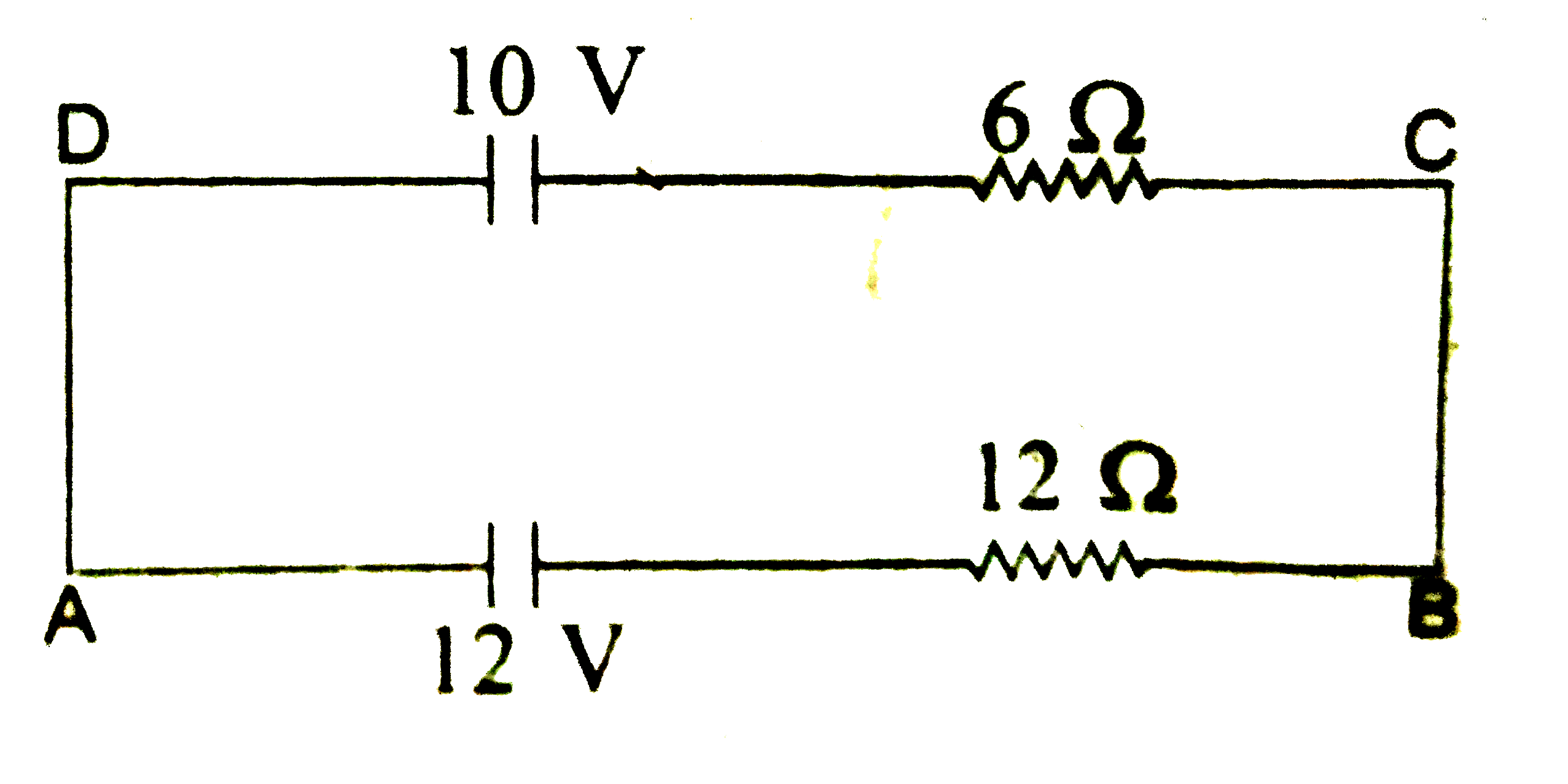Each of the questions below consists of a question and two statements numbered I and II given below it. You have to decide whether the data provided in the statements are sufficient to answer the question. Read both the statements and give answer
1) if the data in statement I alone are sufficient to answer the question while the data in statement II alone are not sufficient to answer the question.
2) if the data in statement II alone are sufficient to answer the question while the data in statement I alone are not sufficient to answer the question.
3) if the data either in statement I alone or in statement II alone are sufficient to answer the question.
4) if the data even in both statements I and II together are not sufficient to answer the question.
5) if the data in both statements I and II together are necessary to answer the question.
D is in which direction of P?
I. S is to the south of P, which is to the west of D.
II. P and R are in a straight line and R is to the south of D.
1
Topper's Solved these Questions
Similar Questions
In a certain code language the word METAL is coded as LDSZK. How will the word ZINC be written in that language?
1) YHMB
2) HYBM
3) HYMB
4) BMHY
View SolutionAbhinav walked 2 km west of his house and then turned south covering 4 km. Finally, he moved 3 km towards east and then again 1 km west. How far is he from his initial position?
1) 2km
2) 4 km
3) 9 km
4) 10 km
5) none of these
View Solution60 W-220 V तथा 100 W-220 V के दो बल्ब श्रेणीक्रम में जोड़कर 220 वोल्ट मेन्स से सम्बन्धित किये गये हैं। उनमें प्रवाहित होने वाली धाराओं की गणना कीजिए।
View Solutionदिए गये विघुत परिपथ की सहायता से ज्ञात कीजिए
- (i) परिपथ में धारा , तथा
(ii) बिन्दु A तथा B के बीच विभवान्तर ।

View Solutionदो समान्तर धारावाही तारों के मध्य में चुम्बकीय क्षेत्र का मान B है जबकि तारों में क्रमशः i तथा 2i धारायें बह रही है। यदि धारा i वाले टनों में धारा का मान शून्य कर दिया जाये तब चुम्बकीय क्षेत्र का मान क्या होगा?
View Solutionएक प्रेरक के बहने वाली धारा, i=4+12t द्वारा दी जाती है, जहाँ I ऐम्पियर में तथा t सेकण्ड में है | इसमें स्वप्रेरित विधुत वाहक बल 12 mV है | ज्ञात कीजिए- (i) स्वप्रेरकत्व, तथा (ii) t=1 सेकण्ड पर प्रेरक में संचित ऊर्जा एवं इसको प्रदान की गयी शक्ति |
View Solutionयदि 3 नल एक साथ खोले जाए तो एक टंकी को 3 घण्टे में भरते हैं। एक नल अकेले इसे 10 घण्टे में तथा दूसरा नल इस 15 घण्टे में भर सकता है। तीसरा नल इसे अकेले कितने घण्टे में भर सकता है?
View Solutionसमस्याओ में रैखिक समीकरणो के युग्म बनाइए और अनके हल ( यदि उनका अस्तित्व हो ) किसी बीजगणितीय विधि से ज्ञात कीजिए :
यश ने एक टेस्ट में 40 अंक अर्जिक किये, जब उसे प्रत्येक सही उत्तर पर 3 अंक मिले तथा अशुध्द उत्तर पर 1 अंक की कटौती की गई । यदि उसे सही उत्तर पर 4 अंक मिलते तथा अशुध्द उत्तर पर 2 अंक कटते , तो यश 50 अंक अर्जिक करता । टेस्ट में किनते प्रश्न थे ?
View Solutionआयनिक ठोसों के लिए जिसमे धनायन तथा ऋणायन प्रबल वैधुतक्षैतिज बल के द्वारा जुड़े होते हैं इनमे से कौन-सा कथन सही नहीं है ?
View Solutionठोस पदार्थो में दोष (defects in solids) से संबंधित कौन-सा (से) वक्तव्य सही है (हैं) ?
View Solutionदो सेलो के मानक विधुत वाहक बल नीचे दिए गये है ।
2Ag+Pt2+→2Ag++Pt, E∘=0.40V
2Ag+F2→2Ag++2F−, E∘=2.07V
यदि सेल अभिक्रिया Pt→Pt2++2e का मानक विभव 0 मान लिया जाए तो ज्ञात करो ।
(i) 1Ag→Ag++e− के लिए मानक विभव ,
(ii) F−→12F2+e के लिए मानक विभव
View Solutionनिम्नलिखित कथनों पर विचार करें :
कथन I : →a=2→i−3→j+→k और →b=5→i+2→j−4→k परस्पर लंबवत है
कथन II : →a×→b=0
View Solutionनिम्नलिखित कथनों पर विचार करें :
कथन I : यदि A और B प्रतिदर्श समष्टि S के संगत दो घटनाएँ ऐसा है कि P(A)=0.2 और P((B)=0⋅8 तो A⋃B एक सुनिश्चित घटना है |
कथन I : यदि A और B परस्पर अपवर्ती हों तो P(A)+P(B)=1 इन कथनो में :
View Solutionनिम्नलिखित कथनों पर विचार करें :
कथन I : माना कि ddx{f(x)+c}=F(x) तब ∫F(x)dx=f(x)+c
कथन II : समाकलन, अवकलन का प्रतिलोम प्रक्रम है | इन कथनो में :
View Solutionनिम्नलिखित कथनों पर विचार करें :
कथन I : माना कि f:N→Y एक फलन है, जो f(x)=9x+3 द्वारा परिभाषित है, जहाँ Y={y:y=9x+3,x∈N} तो f एकैकी फलन है |
कथन II : x1,x2∈N के लिए f(x1)=f(x2)⇒x1=x2 इन कथनो में :
View Solutionनिम्नलिखित कथनों पर विचार करें :
कथन I : f(x)=4x3+9x2−12x के लिए स्थानीय अधिकतम का बिंदु है x=-2
कथन II : 'f(−2)=0 और f''(−2)>0. इन कथनो में :
View Solution
